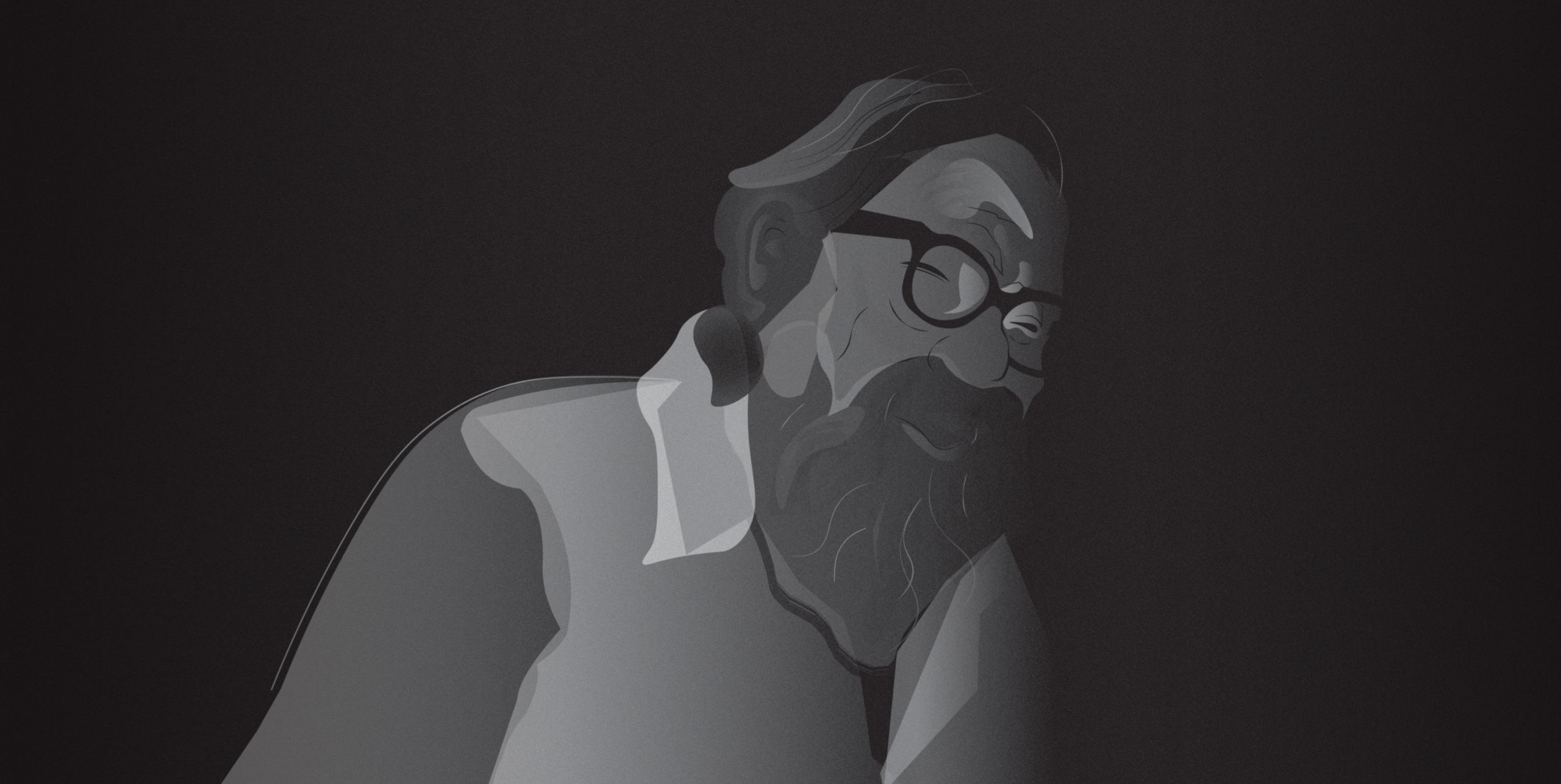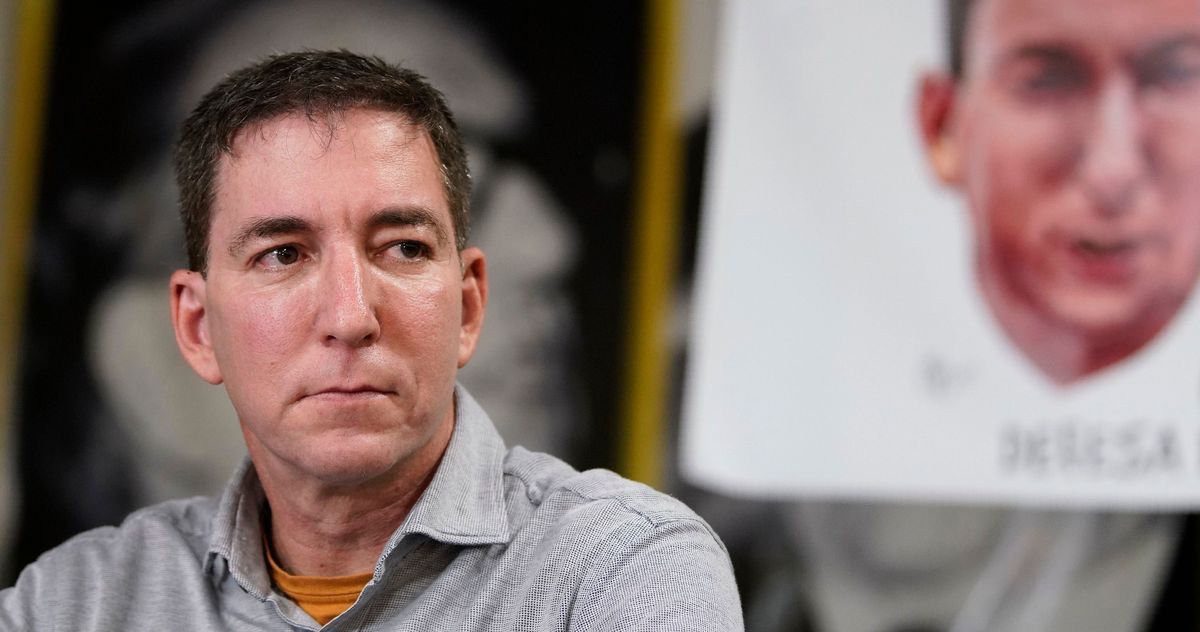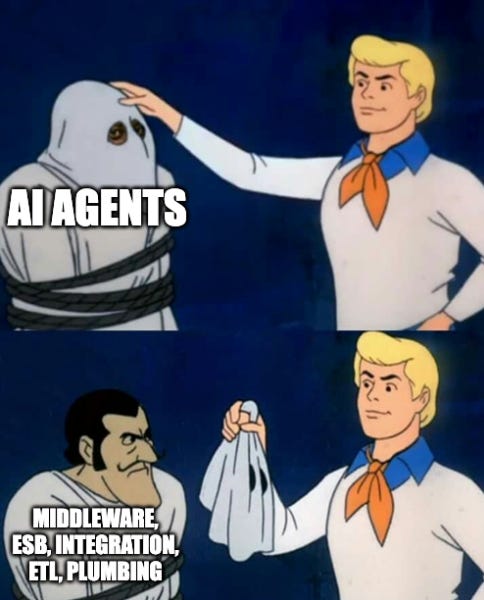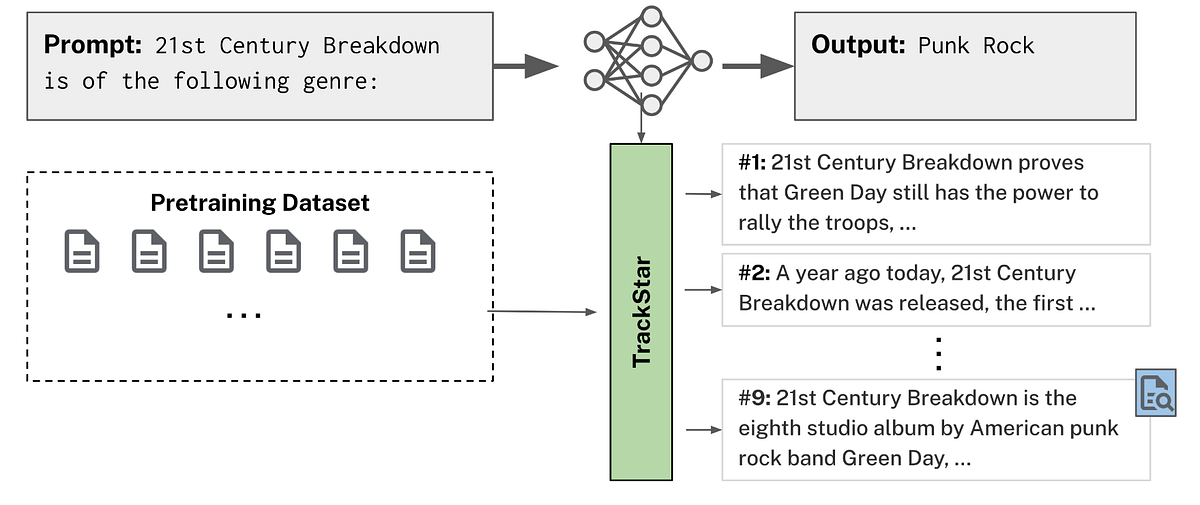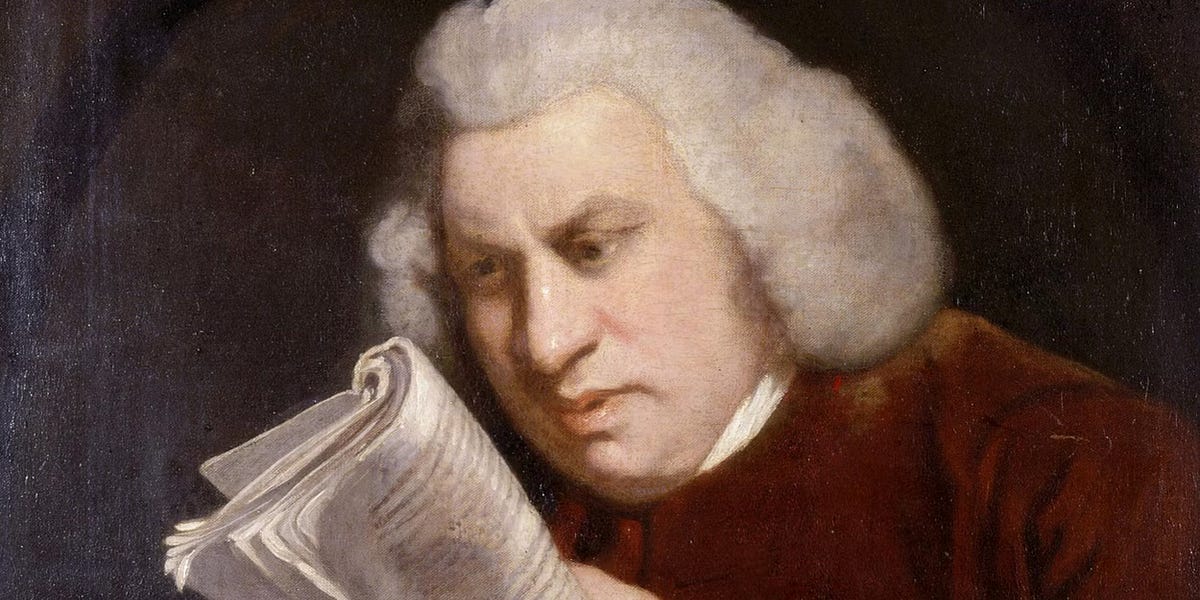
How I learned to love literary criticism. - by Henry Oliver
When I asked Zena Hitz this question in our recent interview (do listen, she’s full of good things), Zena took her public position of “zero”. Obviously, I do not agree. How could this blog exist if I did? But I don’t think Zena and I disagree as much as it might appear. This essay is an account of what makes secondary literature worthwhile for me. (You might also enjoy Isaac Kolding on this topic.)
When I was at school, I knew a boy who always seemed to have read literary criticism about the books and poems he knew, and so always had clever opinions. I didn’t realise he was reading that stuff, and when a friend told me that he did, his facility for having opinions was explained. He seemed less able to work to his own conclusions and I did not follow his example, though he was a better student than I was.
For a long time, I thought literary criticism was a waste of time. Some of it could be excellent. Christopher Ricks was always my ideal of a critic: someone who did not have extra-literary ideas, but who explained the workings of the poem. Ricks pays close attention to the meaning of words, the logic of thoughts, and the rhetoric of expression. He is, in some senses, a mechanical critic. I was never much of a New Critic—all those supposed fallacies are themselves fallacious, not, in fact, being logically necessary conclusions—but I was a close reader. John Carey’s book on Donne was one of my favourites. These two critics look carefully, but they aren’t scared of history, biography, or common sense.
